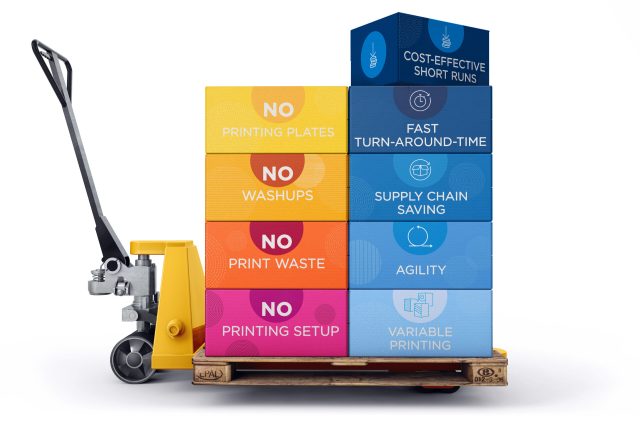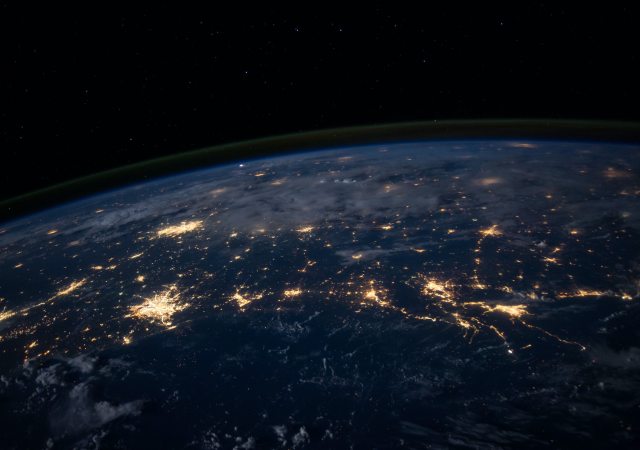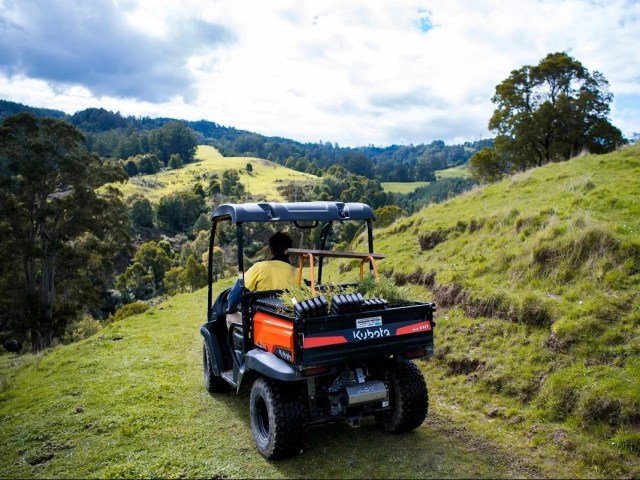
This article first appeared on Convenience & Impulse Retailing, authored by Tom Oakley-Newell
Kellogg’s Australia and New Zealand has removed 50 tonnes of plastic from its supply chain since 2021, exceeding company targets.
Kellogg’s A/NZ is set to reduce the amount of virgin plastic used by more than five per cent by the end of 2023, two years ahead of its 2025 target. A further 20 tonnes is expected to be removed by year’s end, resulting in a total of 70 tonnes of plastic eliminated from its supply chain between 2021 and the end of 2023.
Peter Crane, Research and Development Director at Kellogg’s A/NZ, said as part of its global Better Days Promise, the company is committed to driving sustainable solutions that reduce its impact on the environment.
“One area we are focused on is excluding and reducing unnecessary plastic from our business. Over the past few years, we have reduced the weight of our cereal liners, removed plastic from our display stands and removed the plastic caps from our small Pringles can. These changes will help reduce the amount of virgin plastic we use by over five per cent, in line with our Ellen McArthur Foundation targets,” Crane said.
Kellogg’s is one of 24 foundation supporters of the National Plastics Recycling Scheme (NPRS) in Australia, working alongside industry partners and the Australian Food and Grocery Council (AFGC) to support work on developing a viable solution for soft plastic recycling.
Anthony Holme, managing director of Kellogg’s A/NZ and a member of the AFGC board of directors, said he is excited to be a part of the NPRS.
“As we progress our Better Days commitments, I’m excited to be a part of the NPRS, working towards closing the loop for soft plastic packaging, keeping it out of landfill and driving advanced recycling here in Australia,” Holme said.
The NPRS is currently trialing a model for kerbside collection of soft plastics, which would make it easier for Australians to recycle soft plastics at home, increasing the amount of packaging captured, while also creating a new advanced recycling industry in Australia that can turn used plastics back into new food-grade packaging.
Kellogg’s New Zealand is also part of the NZ Soft Plastics scheme, created by the NZ Packaging Forum, which allows New Zealanders to recycle soft plastics via store drop off schemes which are then turned into products such as planter boxes, fences, and roads.


